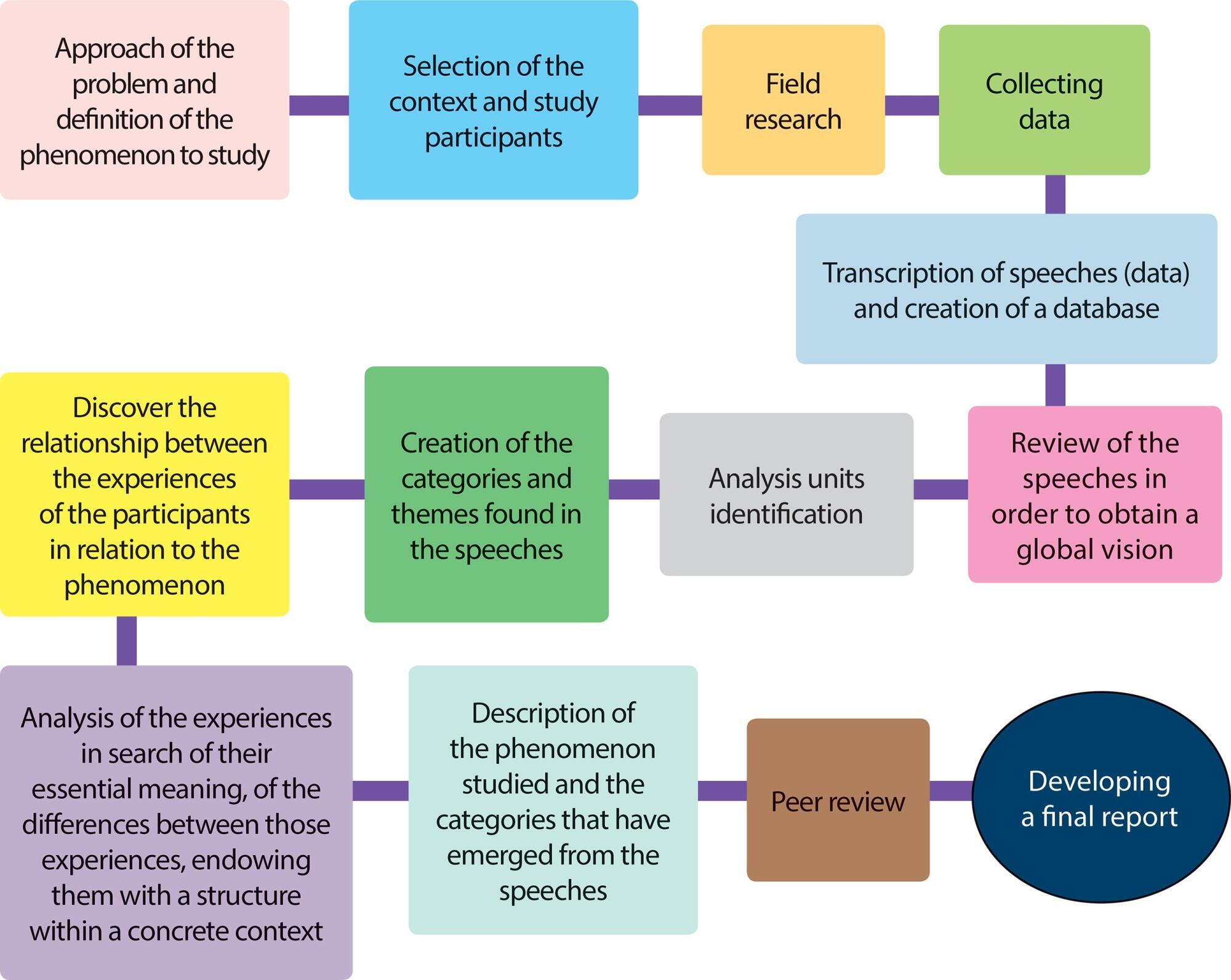-
CASE STUDY08-19-2019
Self-determination, emotions and exclusion in a blog of deaf people: a qualitative perspective
Revista Brasileira de Enfermagem. 2019;72(4):1094-1101
Abstract
CASE STUDYSelf-determination, emotions and exclusion in a blog of deaf people: a qualitative perspective
Revista Brasileira de Enfermagem. 2019;72(4):1094-1101
DOI 10.1590/0034-7167-2018-0573
Views0See moreABSTRACT
Objective:
to explore the deaf people’s perceptions about their well-being, published on a weblog.
Method:
A free access spanish blog that’s been created and used by deaf people is selected. Under qualitative methodology with a phenomenological approach, through the non-participating and asynchronous observation, sign language speeches are analyzed in 44 video messages uploaded by deaf bloggers.
Results:
in the speeches analyzed, inclusion’s areas cited the most are self-determination, social inclusion and emotional well-being, these latter two in a negative way: social exclusion and emotional distress.
Final considerations:
The study participants state that the arrangements adopted for their inclusion are not enough, with feelings of discomfort prevailing in all areas and life stages. Solidarity initiatives, elimination of communication barriers and true transforming agents of our society are needed.




